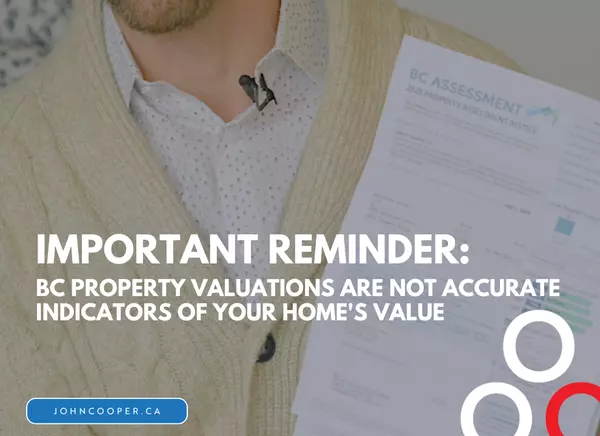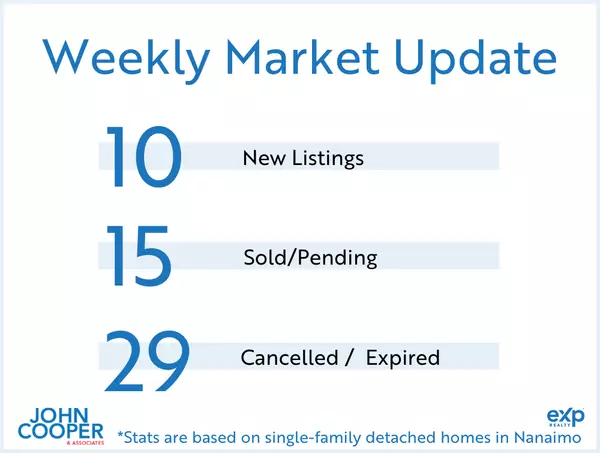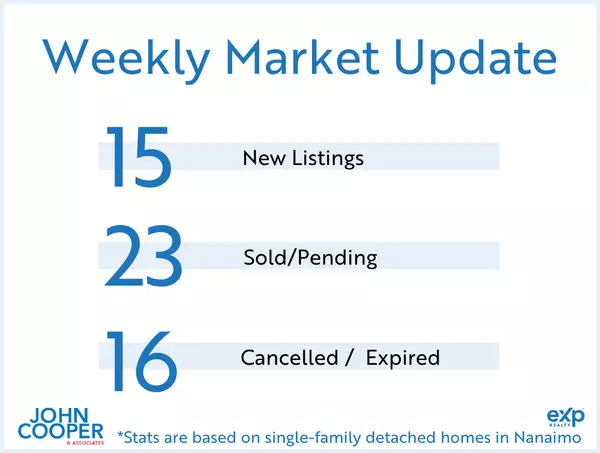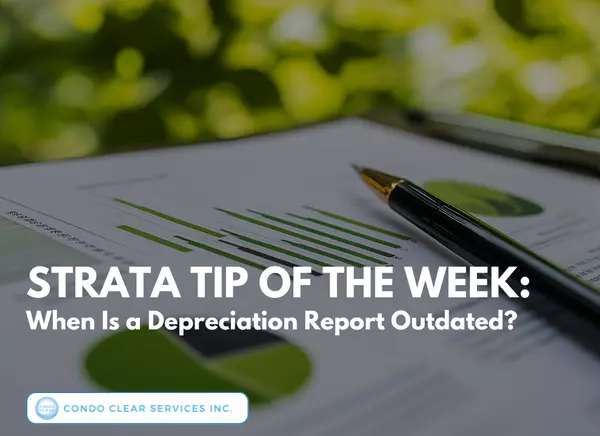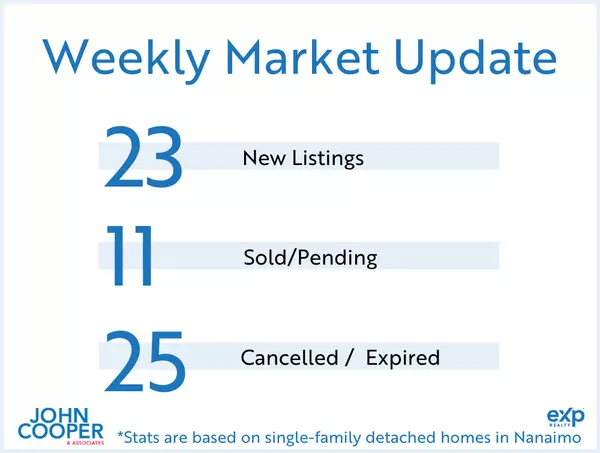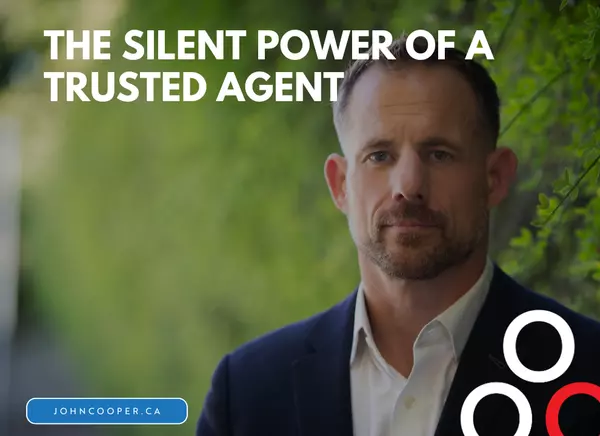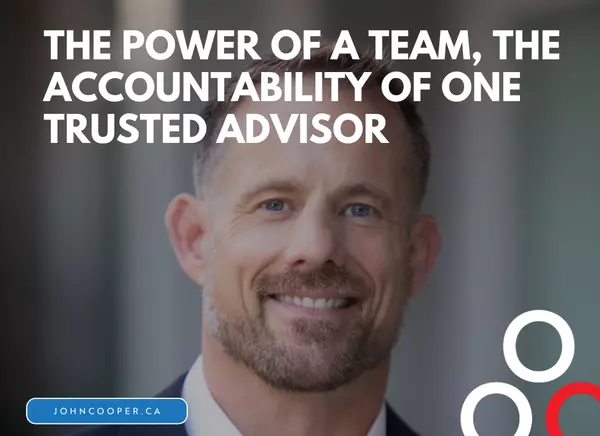
It’s important for strata corporations to be fiscally responsible. However, strata corporations whose main focus is keeping strata fees as low as possible can, at times, make decisions that lead to low strata fees in the short term, but significantly higher costs to owners in the long term.
Here are some common risks associated with very low strata fees:
-
Deferred repair and maintenance, which can result in premature failure of building components.
-
Sudden increases in strata fees every few years, rather than gradual annual increases.
-
An underfunded contingency reserve fund (CRF), leading to significant special levies.
-
Owner frustration due to poorly maintained grounds and amenities.
-
Increased emergency expenses from unexpected building failures.
-
Negative impacts on real estate values due to negative perceptions of the strata corporation.
Because so many variables influence expenses, such as building size, location, amenities, and long-term planning strategies, it’s important to be cautious when comparing one strata’s fees with another.
The best way to asses whether a strata corporation’s fees are sufficient to effectively repair and maintain all the corporation’s assets is through:
By working with experienced industry professionals, such as Realtors, home inspectors, and strata document review providers like Condo Clear, buyers can make more informed decisions about whether a strata is maintaining the property well and budgeting appropriately for both short and long-term expenses.
